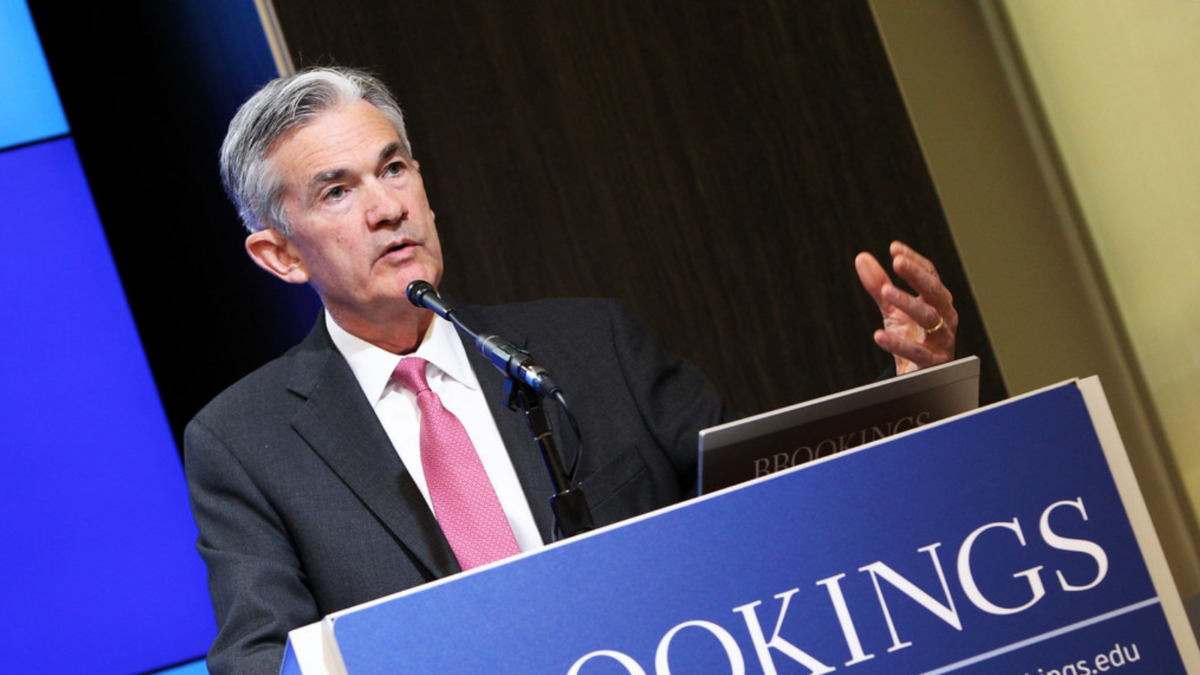Investors stuck in the past as furious future looms
“Odd, yes, here in the capital of eternal youth, endless summer and all, that fear should be running the game again as in days of old… it spreads, like blood in a swimming pool, ’til it occupies all the volume of the day.”
– Thomas Pynchon, Inherent Vice
The post-GFC paradigm has ended. The Fed and its accomplices can no longer be relied upon to backstop markets with extravagant monetary policy; staying long equities and buying every dip will no longer be the panacea it was in the past. And while some inflationary indicators are now returning to normal, no central banker wants to repeat the pre-Volcker mistake of easing too early and letting the proverbial inflation genie out of the bottle.
Tack onto this a looming recession; the general trend towards deglobalisation, which could see cheap labour and cheap manufacturing evaporate; the likely inflationary impacts of the global transition to net zero; the potential for more geopolitical upheaval – even an outright war, and one that isn’t confined to eastern Europe. In short, nobody and nothing is going to help investors.
They don’t seem to have gotten that message, as indicated by the violent bear market rallies of the last few months and the grinding selloffs that have usually followed them. Most investors today haven’t lived through a long period where markets go nowhere but sideways, or don’t want to believe that they now do, and so carry on with the lessons of the past.
It’s almost a given that the traditional 70/30 or 60/40 portfolios will not benefit from this new paradigm where bonds and equities are seemingly positively correlated. So it’s not for no reason that a more buoyant mood now pervades Australia’s long-suffering hedge fund industry.
After a decade where few investors would commit to high fees for meagre alpha relative to a benchmark that often returned double digits, hedge funds are back in focus. Which is not to suggest that a rising tide will lift all boats. Long-short strategies that benefited from a falling rate, multiple expansion environment will soon grow frustrated. Even some of those hedge funds named after a jungle predator have been caught flat-footed, perhaps evidence that they weren’t hedging much at all.
Some alternatives managers believe the focus might instead fall on statistical arbitrage, global macro, and commodities managers – which were considered pretty boring when the benchmark was soaring and which some commentators describe as an endangered species. The rise of artificial intelligence and the continued emergence of quant funds also represent a technological force that could change the face of funds management in the next decade.
Whatever the case, the future will not be like the immediate past. It could well be a lot more like the period between 1969 and 1978, when the S&P500 offered an extraordinarily lean return – or from 2003 to 2013, when it gave its investors nothing. The ASX itself has suffered several periods where, on a rolling ten-year basis, it gave investors no price returns – mostly due to the emergence of speculative bubbles and then economic downturns in their aftermath.
In this new era, being able to make money in a sideways market, and do it without public equities, will be the great differentiator. For many big pension funds, that will mean private equity and unlisted infrastructure – though doubtless there’s many hoping for a hedge fund renaissance in Australia.











